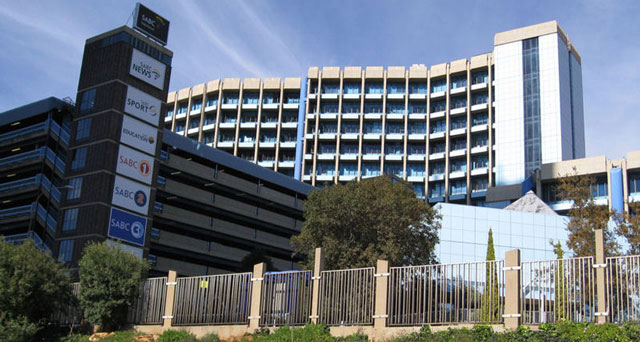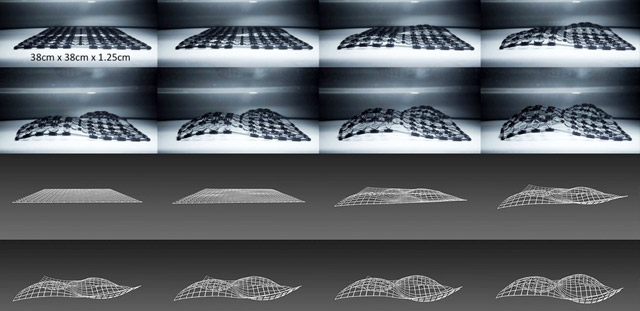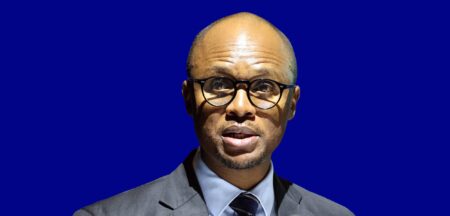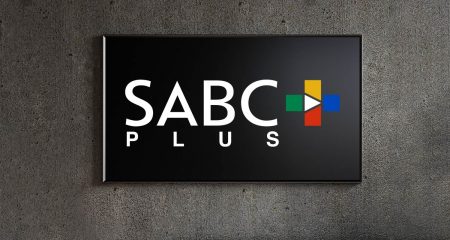
The SABC’s newsrooms are in the grip of paranoia ahead of the general election with fears of eavesdropping and phone interceptions. This comes after editorial staff members were “reminded” by the co-operation’s chairperson, Ellen Zandile Tshabalala, that they should stop leaks because they were working in a national key point.
But journalists who spoke to the Mail & Guardian insisted that she made it clear to them that their phones were being monitored.
Tshabalala and SABC spokesperson Kaizer Kganyago, who did not deny the mentioning of the words “national key point”, argued that her comments were taken out of context.
But the president of the Broadcasting, Electronics, Media and Allied Workers’ Union (Bemawu), Hannes du Buisson, said on Thursday: “Bemawu had a complaint from a member that the chairperson of the board said in a meeting that they should be careful who they talk to because their phones may be listened in to by the NIA [National Intelligence Agency]. If this is true, we would be very concerned as it would be illegal to do so.
“The complaint carries weight because the SABC have announced they would be using the NIA [now the domestic arm of the State Security Agency] to vet people.”
The National Key Point Act, created by apartheid securocrats, empowered the police minister to declare anything he deemed a security risk a national key point, which the SABC was.
Tshabalala made her comments at a meeting with editorial staff in the second week of January this year.
Five editorial staff independently confirmed the details of the meeting, although one did not attend it. They all refused to be named for fear of reprisals.
According to a senior editorial staffer who attended the meeting, Tshabalala apparently read them the riot act.
“Basically, she was saying that we must toe the line … and that we must respect the ruling party. She said your phones are being listened to … because the SABC is a national key point,” the staffer said
But Kganyago said that Tshabalala told reporters to “treat everyone”, and not just the ruling party, “with respect”.
The staff member insisted that her version was correct: “We were told that if you want to meet with politicians ask permission from your bosses.”
This was confirmed by an editor who said the board and management of SABC did not “understand the profession at all”.
“They have no clue about the profession,” the editor said. “And the terminology they use is gobbledygook. In the same meeting, they said journalists must tell their bosses the names of those they were meeting with, and what they were talking about.”
Another staffer refused to speak over the phone and said: “Don’t you know that NIA is listening to us.”
An editorial manager said that “people were shocked and angry. They fear speaking on the phones because of Tshabalala’s comments.”
‘Out of context’
But Tshabalala said that her comments were “taken out of context” and denied that she ever told reporters that their conversations were being monitored.
She referred queries to Kganyago “to explain the context”.
Last month, when she was quoted as telling residents of KwaMashu outside Durban to reject opposition parties and support the ruling party, she also said her comments were taken out of context .
Kganyago said it appeared that those who spoke to M&G had misinterpreted Tshabalala’s message.
“She was just reminding them that there were leaks in the organisation and that this was a national key point and that people must be loyal and avoid leaks…
“As the organisation, we have a problem of leaks and we must protect our organisation because we are a national key point … maybe those who leak felt that they were being monitored,” he said.
The controversial acting chief operations officer of the SABC, Hlaudi Motsoeneng, said that he recalled what happened at the January meeting with journalists.

“We at the SABC, we had to talk to our own journalists. What informs us to talk with our journalists is that they should not be pursued by anyone to push any agenda. They should be more professional … There is nowhere where the chair talked about the ruling party. We discussed the issue of people who leaked information [about the SABC], and we are not going to hide it. Any information of the company, we are not allowed to go and discuss matters of that company.”
He warned that the SABC would “take action and we are not apologetic about it. People cannot go and talk about the SABC outside of our channels.”
Did Tshabalala say the NIA could be listening to them?
“I did not hear her say this, and I don’t want to be unfair to chair.”
When asked whether the SABC was listening in to reporters’ phones, Motsoeneng said this could not be the case as most of the reporters’ phones are their own.
“Why should we do that? There is no way we are listening in to their calls. You need permission from court to listen in to them.”
Meanwhile, SABC editors held an election workshop in which they affirmed their independence following complaints that managers were interfering with political coverage.
The editors said in a document that was submitted to the head of news, Jimi Matthews: “We reject direct or indirect interference by any political party in the editorial decisions of any part of the SABC News team. We will not allow commercial, political or personal considerations to influence editorial decisions. We therefore reject any undue attempts to influence editorial decisions.”
An editor who attended the meeting said they also expressed unhappiness about Motsoeneng rescinding decisions taken at editorial diary meetings.
“We reaffirm the authority of the SABC’s daily editorial meetings to make collectively agreed editorial decisions,” they stated. “Editors will always make decisions based on news values and not on political agendas.” — (c) 2014 Mail & Guardian
- Visit the Mail & Guardian Online, the smart news source




